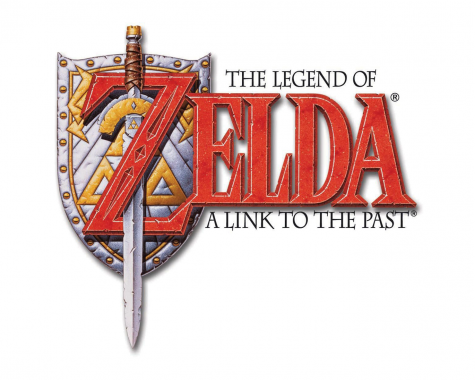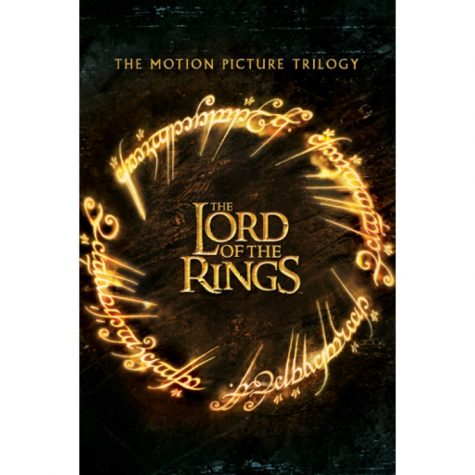A Web of Confusion: The Story Behind Spider-Man, Marvel, And Sony
If you are a citizen of the United States, or just a human being, you have probably seen Avengers: Endgame, Avengers: Infinity War, Spider-Man: Homecoming, and Spider-Man: Far From Home. This collection of Marvel movies has grossed about 6.8 billion dollars in income. What do all these movies have in common? You guessed it – Spider-Man. Shockingly, Spider-Man’s creators have (almost) completely lost control over the beloved web-slinger.
The Japanese media giant Sony is mainly responsible here. Back in 1999, they signed a deal with Marvel, who was independent at the time, to gain the sole cinematic rights to Spidey. The deal gave $7 million dollars to Marvel, which at the time was recovering from bankruptcy. In the end, there is no reversing that fateful deal. From this agreement came the proposition that Marvel could keep comic and ‘nontheatrical’ cartoon rights, while Sony kept Peter Parker and his heroic alter ego to themselves, as long as it was for the big screen.
Sony proceeded to make three extremely successful Spider-Man movies with the help of director Sam Raimi and actor Tobey Maguire. The Japanese tech company soon ran out of viable ideas for Spidey, so they agreed with Marvel to construct a lineup of five pictures where Spider-Man, which Sony still owned in film, would appear. These movies turned out to be smash hits, employing young actor Tom Holland, who grew to be a fan favorite in the MCU (Marvel Cinematic Universe). The movies, namely Captain America: Civil War, Spider-Man: Homecoming, Avengers: Infinity War, Avengers: Endgame, and Spider-Man: Far From Home. After this much needed revival of Sony’s new favorite hero, the deal was over, and now the Friendly Neighborhood Spider-Man belongs solely to them.
Although it may not be what superhero film fans want as a community, Sony’s decision, from a business point of view, sadly, does make perfect sense. Sony, although they are a very large company, do not have many viable, relevant, motion picture franchises to their name. Besides Jumanji, which has a sequel coming out this December, Sony had nothing in the movie business. However, the recently released Venom, starring Tom Hardy (Bane, The Dark Knight Rises; Max Rockatansky, Mad Max: Fury Road), made $850 million worldwide, giving Sony a taste of the ludicrous market its Marvel characters had to offer.
Much to the outrage of the devoted fans of Spider-Man, Sony decided he could bring them even more money than Venom had. Sony decided to make an independent Spider-Man movie, Spider-Man: Into The Spider-Verse, a mashup of many universes of the Spider-Man world, and it was a massive success. Although Sony’s net income was only $285 million, it won an Academy Award for Best Animated Feature, and then went onto Netflix and has had millions of streams. This gave Sony the confidence to pull out of Spidey negotiations once and for all. They have commented that they will only sell the rights to the Webhead for lucrative amounts, which isn’t about to happen anytime soon because Marvel still has many other highly popular and successful franchises and heroes.
Although this move may be to the dismay of fans around the globe, Sony could possibly do things for Spider-Man that audiences, or Marvel for that matter, would never have thought of. Hopefully the movies continue in the right direction, as fan favorites Tom Holland and Jake Gyllenhaal (Mysterio from Far From Home) have already signed on for future Spidey movies. I feel this is a crossroads for our beloved web-slinger, or at least for his cinematic career. Sony could perhaps continue, or even enhance the legacy of Spider-Man, or they could go the way of the Green Lantern movie, which was supposed to blossom into a trilogy of movies, but instead spectacularly self-destructed. Hopefully, Spider-Man’s preexisting popularity and likability will carry him through this unsure moment in his history, as Sony determines what direction they will take one of Marvel’s most iconic creations.
Editors’ Note: This article was written prior to Marvel Studios and Sony announcing a new deal on September 27, 2019.















